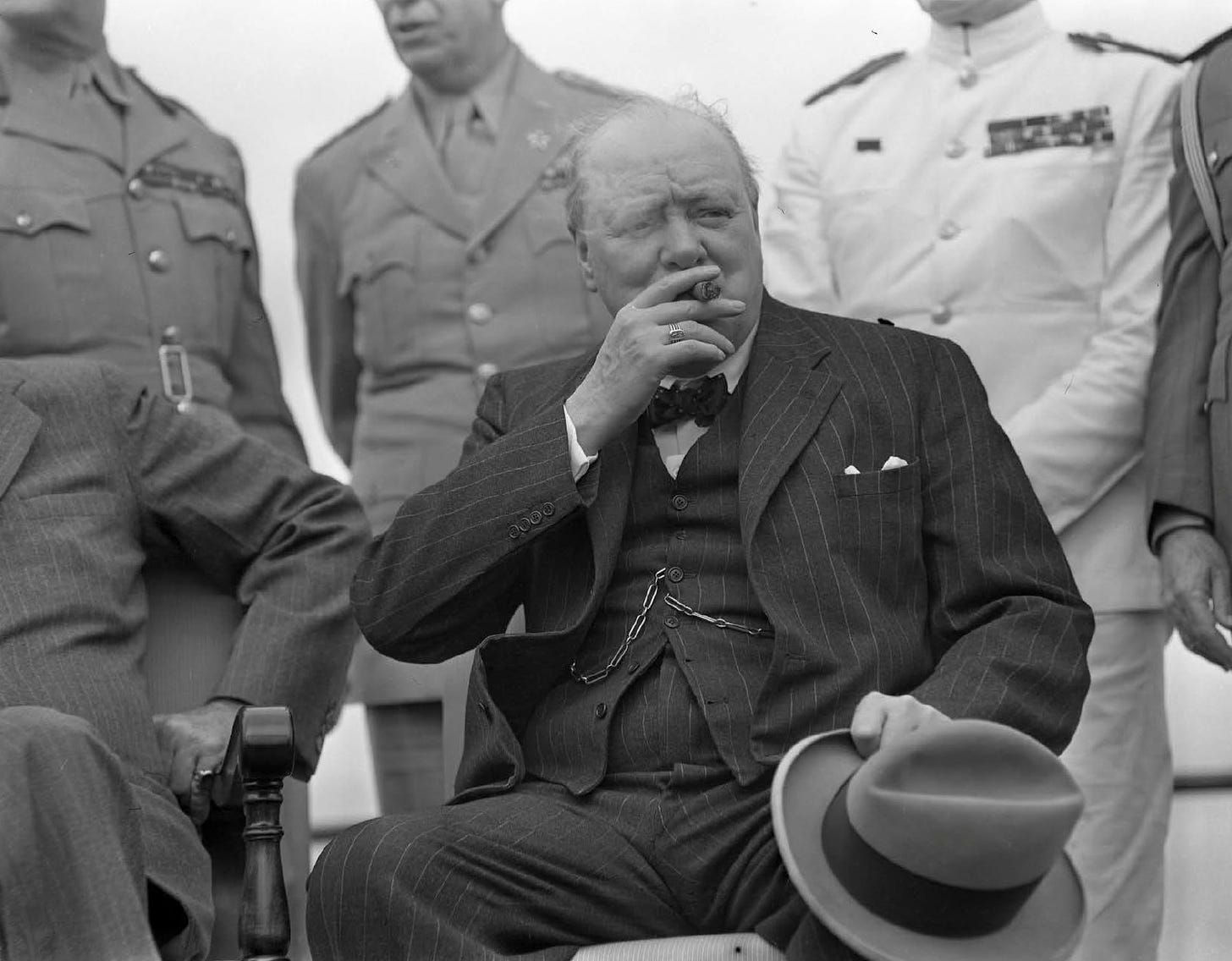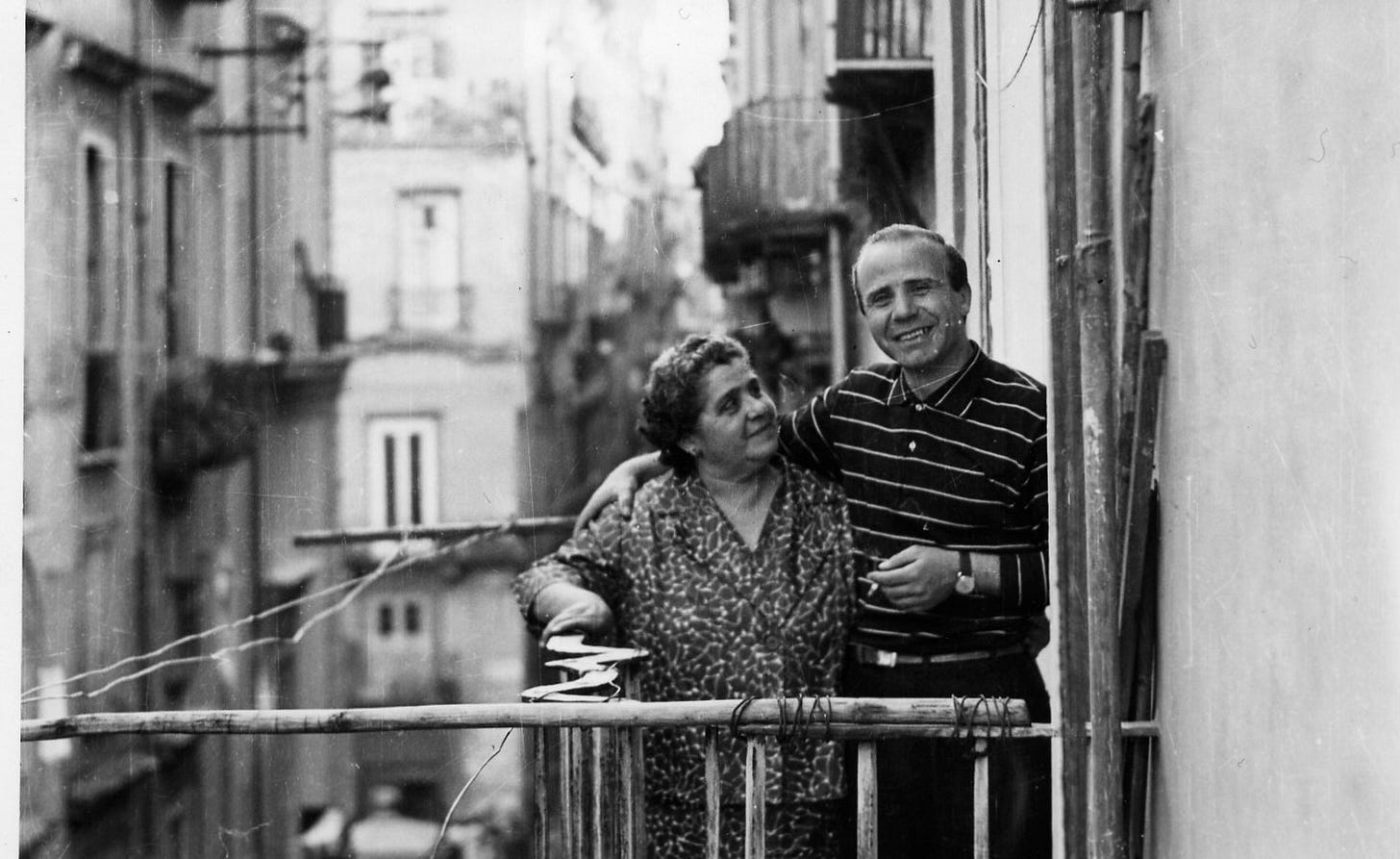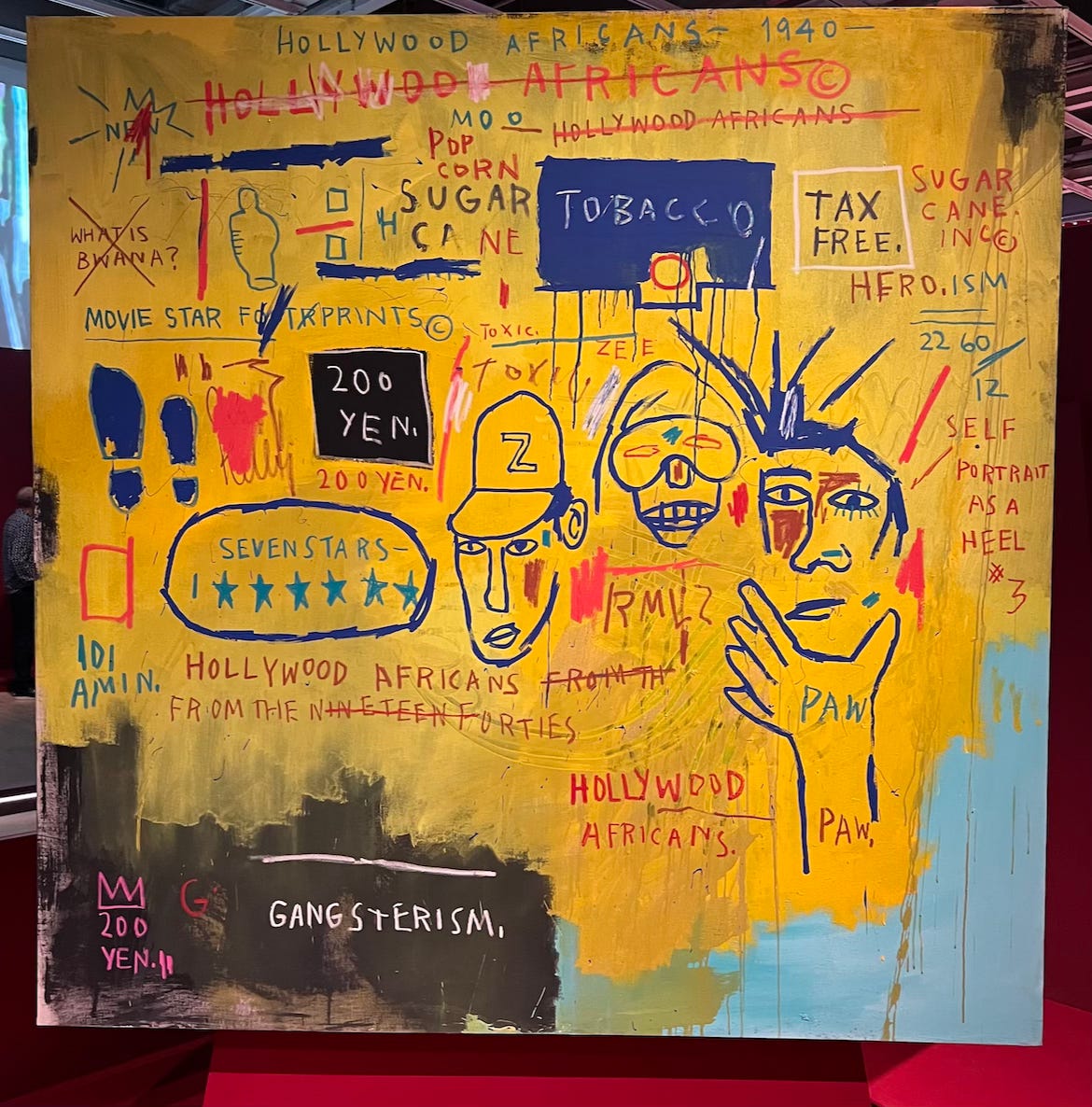Haxted Thinking No. 17 / November 22nd 2024
Building
I had a terrific lunch meeting on Wednesday with three wise old dogs of the property world. Thank you Richard1, Rich2 and Paul3 for your wisdom and tremendous company. I think I got roasted more than the wonderfully tender beef, but that’s a story for another day.
We talked about building and why there is so much dreadfully ill-considered development in our built environment year after year in the UK. It’s a lack of care. Laziness. The wrong people in the big chairs. The lack of inspired real estate education. In our own ways we are all committed to trying to do something about it, to do things differently, with more consideration.
So here’s a few thoughts from me on building.When I set up Haxted there was no grand vision as such, just a visceral belief in the ability of well-designed and crafted buildings to improve the quality of people’s lives. I wanted to develop buildings that acknowledge and celebrate all the sensory human pleasures we enjoy - a glimpse view of a mature tree, the tactility of a well-crafted door handle, the rich, musky smell of reclaimed oak flooring, the reassuring sound of a front door closing tightly into its frame. The enhanced taste of a home cooked meal eaten with friends and accompanied by laughter and wine and storytelling. I wanted to make spaces that allowed for growth, adaptation and customization; spaces that allowed our customers’ use of them to flex and develop with changing circumstance; to create spatial canvases that encouraged them to import their own autobiographical details so that they could grow with the buildings they inhabit.
We haven’t always got it right but hopefully we’ve been successful more often than not. And we’ve always tried our utmost to do things well. Development is actually really, really hard to do well. And it’s lonely and scary and littered with existential risk. Perhaps that’s why so many take the easier way out. But we should never stop railing against that, as consumers, developers, interested members of society. It doesn’t matter where we’re coming from we must demand better.
And I’ve always felt that we need to bring back the significance of craftsmanship which has been eroded continuously over recent decades. We need to enhance its value at all budget levels because what craftsmanship does is encourage the exploration of the dimensions of skill and commitment and judgement in a special way. It’s a mixture of creative expression and intellectual purpose. It’s about love of the details. I like the notion that the only details that matter are all of them.
I never wanted Haxted to be a run of the mill developer that finds answers by asking the same people the same questions all the time. We set out to be comfortable exploring the less trodden path, challenging convention, trying to find new initiatives often in more difficult ways, to deliver something better.
The Bauhaus taught us that the final goal of all of our artistic endeavours is architecture. It’s so significant because it’s everywhere and it is there for everyone to see, whether we like it or not. So, building comes with responsibility and in that sense it’s a real privilege to be able to develop buildings.
There needs to be a revolution. In how we think about space, how we learn about space, and how we teach the next generation of designers and builders and funders and agents, about space. We need to make it matter more.
Humanise
What people like Richard and Paul and Rich are trying to do, is to humanise our built environment. To that end anybody interested in seeing improvement in our villages, towns and cities will benefit from following and supporting the Humanise4 movement started by the lovely Thomas Heatherwick.5 Thomas’ accompanying book is a great read too.
Making Space
Winston Churchill had an intuitive understanding of space. How it influences all manner of subconscious human behaviour. He gave a characteristically rumbustious speech to parliament in 1943 where he famously said:
“We shape our buildings and afterwards our buildings shape us”.
It was a speech about the re-construction of the House of Commons which had been destroyed by a massive Luftwaffe bombing raid on London in 1941. Churchill was adamant that the Commons chamber should be re-built in a way that preserved all of its original features. There was significant pressure to re-design the House. A new layout and more seating.
He, however, wanted to retain the layout as was, with those famous tiers of green leather benches - incumbent government on one side and the formal opposition on the other. And it should be rebuilt he said, with the exact same number of seats it had before it had been destroyed. Which was not enough seats for everyone when the chamber was full.
This meant that the House could never accommodate a full house of seated MP’s if the chamber was full up for key votes. It meant lots of standing and sitting on the floor in the aisles.
But Churchill’s logic was interesting:
“On great occasions”, he said, the House needed a “sense of crowd and urgency.”
He believed the House should be bursting at the seams when crucial votes were being held. Everyone jostling for position to get a good spot behind the reserved front benches. There would be a great sense of anticipation. A sense of significance. The space would speak to all the MP’s gathered of a sense that something of great importance was happening.
What Churchill understood instinctively, was that spaces shape not just how we communicate and interact, but how we feel. And how we behave. In short, they are critical in how our identities are moulded.
Churchill’s intuition, honed over 40 years in the House of Commons, is now soundly backed up by research in the field of environmental psychology. Recent studies confirm that our relationship with the spaces we create goes well beyond their role as places of shelter and occupation. Our deepest relationships with space extend into the deep and mystical landscapes of what constitutes a life well-lived.
Lessons from an old school Italian restaurant No.3
There were no computers at the Tiberio in Mayfair. Of course not, this was the 1970’s. When they did come in they frustrated the hell out of my Dad. He had loved designing new menus at home - working out new or spruced up dishes, pricing up ingredients, adding in any new associated costs - all at the kitchen table, longhand with his trusty Sheaffer fountain pen.
And then head office said it all had to be done mechanically. On some new beige box with a touch screen thing with buttons and a rubbery plastic cover. It became a data entry process, restricted by all the pre-set options that the accounts folks (who had no idea what happened in the cauldron of a high-pressure kitchen during prep and service) had inputted. So, in one fell swoop all the creativity was eviscerated from the process. Not the way to keep an old school Italian restaurant at the top of its game.
The other thing that happened, and this used to bug my old man no end, was it removed his flexibility. One of the joys of being looked after by Alberto Navato at the Tiberio was that he’d get you what you wanted one way or another. The nonsense of it all of course, was that he just created a little work around (that’s the Neapolitan way when you are born on Via Dei Tribunali in 1928) - lemon sole oreganata - no problem madam, quiet word in his maitre’d’s ear - ring that through as sea bass Guiseppe, a little wink and on with business. But all so unnecessary and soul destroying.
And I think that’s probably when I developed a suspicion that computers weren’t the way to human flourishing. This was back when my mates were getting ZX Spectrums and Steve Jobs was still wearing suits and had just moved his office out of his Mum’s garage.
So to Ai. The thing that we are reassured by McKinsey, BCG and Bain is going to revolutionise business, send productivity off the charts, and make everybody happier. I don’t think so. Using LLM’s and nasty ‘creative’ imaging tools for this that and the other, as a panacea to thinking and creating, seems odd to me. It assumes doing away with the process of thinking and of creativity is a good thing.
In the work I’m doing with businesses, we are doing the opposite. Curiosity, messy creativity, sweaty, fleshy, physical gatherings, making connections between things that have no right being connected, that’s our work. The world is not going to get less complex or less volatile. When the floods come, and come they will, Perplexity and Claude and the other one run by the sociopath bloke, won’t be much use. The only thing that will transform us into more adaptable, inspired and fulfilled leaders, is human wisdom balanced by compassion. These human wings of stability and soaring flight can only be honed by using what we uniquely evolved - homo sapiens brain circuitry that can process the world at exaflop speed - one billion billion calculations per second - using just 20 watts of power.
Lessons from an old school Italian restaurant No. 4
One of the many lessons in life I got from my old man’s stewardship of a Mayfair restaurant, involves aftershave.
In the mid 80’s I was on the lookout for new aftershave. Something a bit upmarket from the Old Spice that was a staple of spotty teenage boys back in the day. The problem was I was skint and all my paper round money was getting squirreled away for a skiing holiday. And then one day, just before Christmas, Dad came home from the lunchtime service and presented me with the most beautifully wrapped present I’d ever seen. It was a box wrapped in a blue and black striped YSL paper and secured not with cellotape, but folded and tucked, and tied off with ribbon, curled at the ends like my little sister Gina’s ringlets.
Inside the box was a white china bottle. What a perfectly designed thing it was. Kouros! Powerful, tangy, bergamot and coriander notes - a love it or hate it fragrance - it was certainly for big boys.
One of Dad’s customers was the marketing director of YSL. He was a regular and always visited just before Christmas. They’d known each other many years and Dad had always accommodated him at short notice when necessary. Every Christmas he brought Dad a gift to thank him for being diligent, consistent, and creative in how he looked after everyone. Dad’s wardrobe was well stocked with supplies from earlier years, so on this occasion the gift ended up with me.
The thing is I have never forgotten the gesture that man made to my Dad. A simple gesture, but a meaningful one. A gesture he didn’t have to make (and one most customers didn’t). A gesture made out of a respect for the quality of service that Dad and his team delivered.
And so began my lifelong loyalty to Yves Saint Laurent. (Well in aftershave terms anyway, I’m not built for his couture or his pricing in the garments department!). Loyalty can be generated from the smallest gestures. I think this is often forgotten.
When Yves Saint Laurent retired on 7th January 2002, he gave an amazing speech. He was clearly a troubled man, but a creative genius nonetheless. And he understood the human condition better than most, particularly the importance of finding peace within oneself:
"Every man needs aesthetic ghosts in order to live. I have pursued them, sought them, hunted them down. I have experienced many forms of anxiety, many forms of hell. I have known fear and terrible solitude, the false friendship of tranquilizers and drugs, the prison of depression and mental homes. I emerged from all that one day, dazzled but sober. Marcel Proust taught me that ‘the magnificent and pitiable family of neurotic people is the salt of the earth.’ I did not choose this fatal lineage, yet it is what allowed me to rise up in the heaven of artistic creation, frequent what Rimbaud called ‘the makers of fire,’ find myself, and understand that the most important encounter in life is the encounter with one’s self."
Finds from this month’s excavations….
Film | The titanic Francis Ford Coppola, one of the true creative geniuses of film making, talks about joy and shares deep wisdom here.
Art | This looks awesome - Drawing The Italian Renaissance at the King’s Gallery, Buckingham Palace. I’m taking my four offspring on Sunday for the eldest’s birthday. I’ll report back next month
Art | I was blessed to visit the Witney in New York City for the first time last week. What a great space. A walk from Hells Kitchen all the way there on the High Line is highly recommended. For my NYC friends the Edges of Ailey exhibition (through February 2025) is awesome. I also got to see my first Basquiat’s in the flesh. Moving.
Music | Staying on the NYC vibe, I love Cyndi Lauper. Here she is talking about never being satisfied with her work (but reminding us that that that is not the job of the artist). I have a thing about her song Time After Time. You could call it an obsession. Here’s a playlist dedicated to the song.
Creativity | This never gets tired. John Cleese is a titan of creativity whatever the cancel brigade might want us to believe.
Creativity + Ai | Ben Affleck has some interesting viewpoints here. What do you think?
Sound | I’m not (supposed to be) in the market but these look interesting. If anyone has bought them and has a strong view on how good or not, they are, please let me know.
Literature | The poet David Whyte’s second volume of prose essays Consolations II, is out. It’s great. He recently spent a couple of hours with big Rick as well. A great listen here or wherever you like to get your pods.
Literature | More Kurt Vonnegut:
"When I was 15, I spent a month working on an archeological dig. I was talking to one of the archeologists one day during our lunch break and he asked those kinds of 'getting to know you' questions you ask young people:
Do you play sports? What's your favourite subject? And I told him, no I don't play any sports. I do theatre, I'm in choir, I play the violin and piano, I used to take art classes.
"And he went wow. That's amazing! And I said, 'Oh no, but I'm not any good at any of them!
"And he said something then that I will never forget and which absolutely blew my mind because no one had ever said anything like it to me before:
I don't think being good at things is the point of doing them. I think you've got all these wonderful experiences with different skills, and that all teaches you things and makes you an interesting person, no matter how well you do them!’
"And that honestly changed my life. Because I went from a failure, someone who hadn't been talented enough at anything to excel, to someone who did things because I enjoyed them. I had been raised in such an achievement-oriented environment, so inundated with the myth of Talent, that I thought it was only worth doing things if you could 'win' at them."
If you’ve got this far thank you for your attention. If you haven’t thank you anyway. I’ll never take your time or attention for granted. Please drop me a line to share any thoughts or ideas on these ramblings - carlo@carlonavato.com.
Footnotes
https://areyou.place/
https://www.thebellinticehurst.com/
https://baobabdevelopments.com/
https://humanise.org/
https://heatherwick.com/
Humanise: A Maker’s Guide to Building Our World









